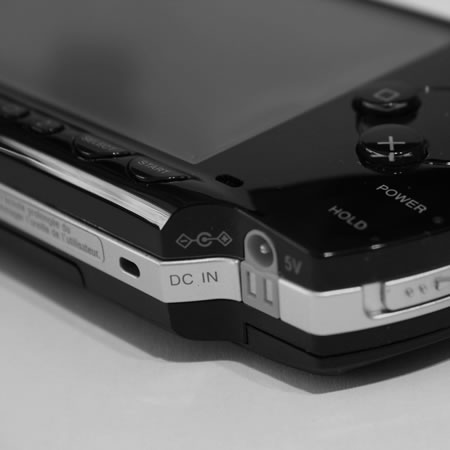Often when people mention mobile learning they automatically think about mobile technology, notably mobile computers, specifically Windows Mobile PDAs and iPhones.
For me it is a different philosophy, much more about learning when mobile.
It was walking around different colleges which made me realise that when it came to mobile learning, it wasn’t about getting PDAs running learning content (though I am sure there are scenarios which they would enhance and support learning), but was much more about using the devices our students already have.
These could include
One end result of this was a presentation I gave at the 2006 JISC Online Conference, available here, which looked at how to use a range of consumer mobile devices for learning. I also made a video of the presentation which was made available to delegates at the conference for their mobile devices.
Since then, three years later, the market has moved forward quite dramatically, it is now even easier for learners to access audio, video and web content on their mobile devices. Devices such as the PSP, the iPhone, the Nintendo DSi are more widespread and are also much more connected and can play a lot more content.
One of the key factors has to be how easy is it for the learner to access that content?
Another barrier to overcome is to realise that the mobile device is only one tool that a learner may use for learning. So though a learner may listen to audio, or view video on a mobile device, assessing their learning may take place using a traditional computer or a pen and paper. For me mobile learning is not about learning on a mobile, but learning when mobile.
A (paper) notepad can be used when mobile, though mobile devices do allow for a more interactive, collaborative, engaging learning experience.
Certainly this model is how my institution is moving forward in terms of mobile learning.





